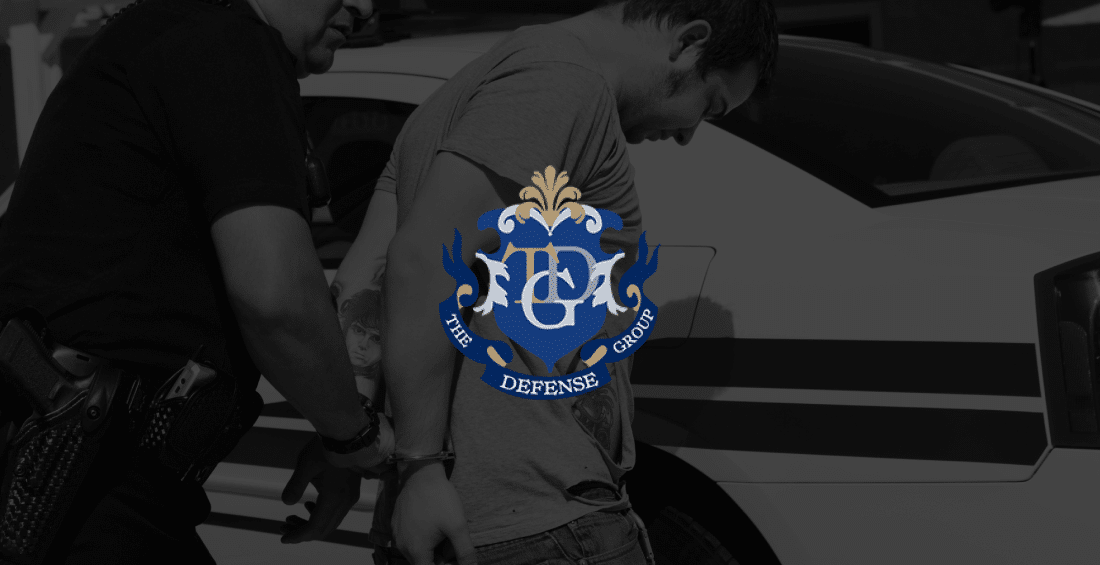BOND HEARINGS UNDER FLORIDA LAW
How do bond hearings work in Florida?
The right to be released on bail or other pretrial release is found in the US Constitution in the 8th Amendment and it is found in the Florida Constitution in Article 1, Section 14 in that portion of the Florida Constitution known as the “Declaration of Rights.” Florida Statute Chapter 903 describes the bail bond process and procedures. Chapter 907 covers “Pretrial Release.” The procedures for Pretrial Release are found in Rule 3.131 of the Florida Rules of Criminal Procedure. This is complicated.
In practice, every county establishes a “Standard Bond Schedule” where the Chief Judge for the county signs an Order advising the jail personnel to set and accept bail bonds in accord with a “schedule.” A little like a menu, the schedule lists nearly every offense in Florida and then sets a “standard” bond for that offense.
What are “No Bond” cases?
Offenses for which the maximum penalty is life imprisonment (or death) are not entitled to immediate bond. They are initially booked in as “No Bond” cases. The arrestee will then see a judge at “First Appearance” that takes place within 24 hours of the person’s arrest. If the judge finds that there is probable cause and the offense is punishable by life or death, then the person remains jailed without bond until and unless an attorney files a motion to set bond and there is a hearing. If the State is able to show enough proof to the Court at this bond hearing that the Court finds that the case is proven by more proof than would be required for a conviction (a very high burden) then the Court may leave the person in jail without bond or the judge can exercise the discretion to set a bond anyhow. The Defense Group is frequently called upon to file motions to set bond in cases like this.
What happens if the bond is set too high?
In other cases, the bond schedule may call for a very high bond or a judge may set a very high bond on a warrant or at First Appearance. For the average working family, a bond in excess of $250,000 is tantamount to no bond. It would require 10% of the bond as payment to a bondsman and sufficient collateral so that the bondsman can recover his loss in the event the person fails to appear in court. The Defense Group is frequently retained to try to get such bonds reduced so that the family can get their loved one out of jail.
It is also common for judges to put “No Bond” on warrants for Violation of Probation. The Defense group often files motions to set bond in such cases even though the person is not entitled to bond as a matter of law for violations of probation. Sometimes we use this hearing to seek a release on bond. Other times we are successful in resolving the entire violation at the proceeding that was scheduled for the bond hearing. This has the effect of getting the person out of jail faster.
What can I do if I have no bond, or my bond is too expensive?
Call one of our two locations at 407 743 8430 or 407-250-9557 , for a prompt and free consultation with an experienced Central Florida criminal defense attorney at The Defense Group. We are available 24 hours a day for your emergency needs, and appointments can be arranged for nights or weekends if necessary.











